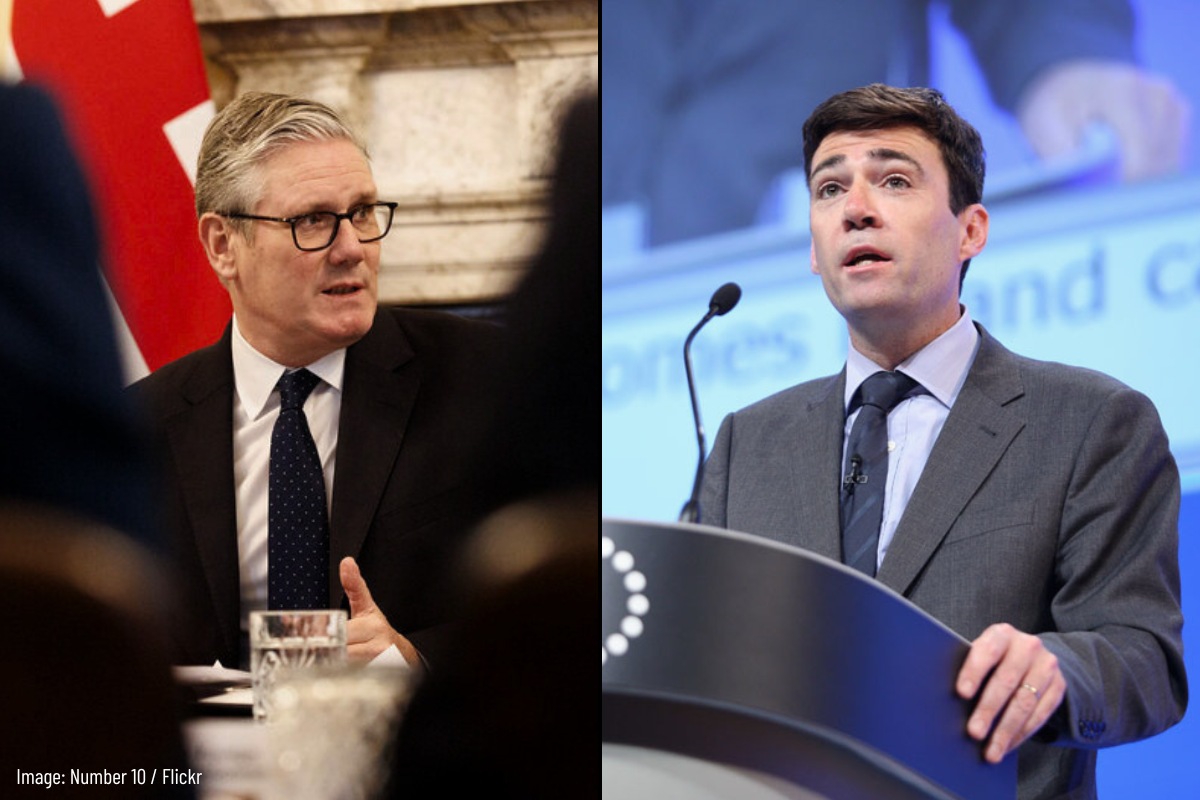With a fair number of the 2013 local election results now in, it is clear that the Tories and their partners-in-crime the Lib Dems have had another bad night at the polls. The mainstream media are focussing on “the rise of UKIP”. These election results reflect a continuing mood of opposition to the way things have been going under this government. The solution for Labour is not to pander to the anti-immigrant rhetoric of UKIP, but to put forward a bold socialist programme
With a fair number of the 2013 local election results now in, it is clear that the Tories and their partners-in-crime the Lib Dems have had another bad night at the polls. The BBC now estimate that, based on these results, the main parties would get this share of the vote in a general election: Labour 29%, Tories 25%, UKIP 23%, Lib Dems 14%.
As you can see from these percentages the main story seems to be about the rise of UKIP. Certainly this is the spin that the national media seem to be putting on it. The media talk of a rewriting of the political map sounds rather like the talk that followed the emergence of the SDP (the right-wing split away from Labour) in the early 1980s when phrases like “breaking the mold” were widely banded around Westminster. However, before getting carried away a number of factors should be taken into account.
Firstly, the 2013 round of elections took place largely in the “Tory Shires” with no elections in Scotland or Wales (baring Anglesey) or in the big cities, including London. As such they cannot reflect in any clear way the mood of the large working class areas.
Secondly, where these elections did touch upon places where working class people do reside in any sort of reasonable numbers, such as in the City of Cambridge or in Bristol, the gains for Labour were much higher and the result for UKIP much lower – although the swing against the Tories and the Lib Dems remained as bad for them.
Ironically, UKIP probably recognised this in advance by putting the bulk of their candidates up in the more rural, Tory dominated parts of the country. The reason was simple – they knew that most of their support would come from disillusioned Tory voters looking for a return to the “old days” together with those angry at the regime of austerity who are looking for a way to express their anger. UKIP responded by providing a mishmash of “demands” to pull these people in. Hence a focus on the usual suspects of Europe, immigration etc. together with such themes as opposition to the new London-Midland rail link. By this they hoped to feed off the frenzy of the middle-classes, small businessmen, self-employed workers and other de-classed elements being rocked by the crisis.
In that sense, the UKIP vote must be seen as a “protest vote” rather than some sort of fundamental re-alignment of British politics. The support for UKIP is unlikely to be reflected beyond local council and MEP elections, and will more likely be ephemeral, going up like a rocket and coming down like a stick – especially if they ever find themselves in a position where they are the ones making the “tough choices” that the Coalition are currently making.
The key thing to note is that these election results reflect a continuing mood of opposition to the way things have been going under this government. Needless to say, the right-wing in the Tory Party and in the national media have been quick to attack Cameron for allowing these results to happen and demanding a shift to the right on key issues. This will not save the Tories should they do this.
Although the Tories and the Lib-Dems have been the parties most punished, there is a warning here for Labour also. Although Labour has gained 260 seats, with two councils still to declare, they should have picked up far more given the mood. However, it is clear that some people still preferred not to vote rather than vote Labour.
Some on the right of the Labour Party have interpreted the UKIP vote as a message that Labour should shift still further to the right on issues such as immigration. This must be resisted.
The main reason some people are still holding back on voting Labour is that the leadership’s position – or lack of position – on important issues such as the economy, housing, and public services, does not seem very different to the Coalition’s line. No wonder some people were so frustrated at the lack of choice at Westminster that they were even prepared to vote UKIP.
Labour must come out with a clear socialist policy of opposition to the cuts and the rule of the bankers; this would really “break the mold” of British politics and put UKIP back in the dustbin of history where they belong. A Labour Party with a socialist programme would ensure the defeat of the Coalition government and offer people a real way forward.






